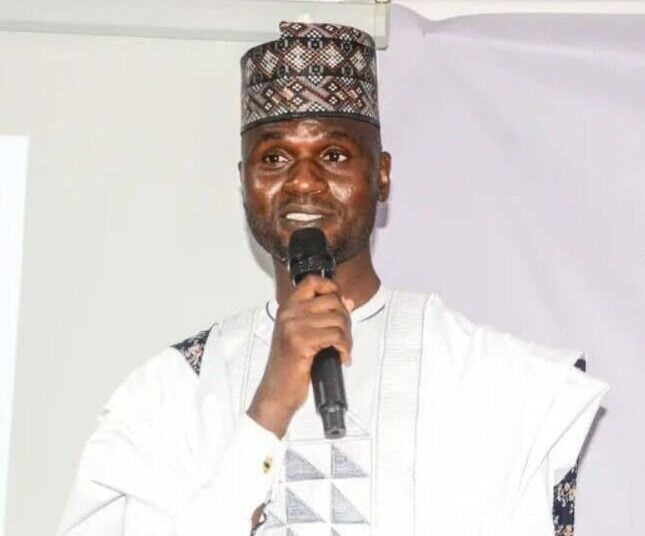An energy expert, Abdulrazaq Hamzat, has called for the establishment of a Multidimensional Energy Accountability Taskforce (MEAT) to address what he described as a breakdown in Nigeria’s energy governance system, following revelations of over $300 billion in unaccounted crude oil revenue.
Hamzat made the call in a statement where he described the situation as the most alarming case of economic sabotage in the world.
“The $300 billion unaccounted crude oil revenue reflects a breakdown in energy governance, not just theft. It is a call for structural, technological, and institutional reform of Nigeria’s oil value chain,” Hamzat stated.
According to him, the Senate Ad-hoc Committee’s revelation on crude oil theft exposed deep structural failures within Nigeria’s energy architecture, marked by weak inter-agency coordination, obsolete metering technology, and opaque fiscal management systems that have enabled massive revenue leakages.
“Energy security is not just about generation and supply; it is about governance, accountability, and justice,” he said, adding that “The loss of $300 billion is not merely financial, it is the theft of our future. Fixing it requires the fusion of technology, policy reform, and moral leadership.”
Hamzat linked the collapse of energy governance to Nigeria’s broader insecurity and economic instability.
He argued that economic injustice in the oil sector fuels social crises by creating despair, inequality, and disillusionment among citizens.
In order to address the crisis, Hamzat proposed the creation of MEAT, a national coalition of experts, institutions, and civil actors dedicated to restoring transparency and trust in Nigeria’s oil and gas value chain.
According to him, the mandate of MEAT would include conducting a comprehensive forensic audit of crude oil production, exports, and revenue flows using both local and international verification tools, deploying blockchain, satellite, and artificial intelligence systems to establish a national crude tracking system (NCTS) for real-time monitoring of every barrel produced, creating a unified energy accountability framework (UEAF) linking data from the NNPCL, NUPRC, FIRS, and CBN for coherent and transparent reporting, amongst others.
Hamzat explained that the taskforce would be multidisciplinary, comprising energy economists, technology innovators, legal practitioners, forensic accountants, civil society leaders, and host community representatives to ensure a holistic and credible solution.
He urged the Presidency and National Assembly to treat the proposal as a national priority, emphasising that no genuine energy transition can occur in a country without accountability of its primary resources.





